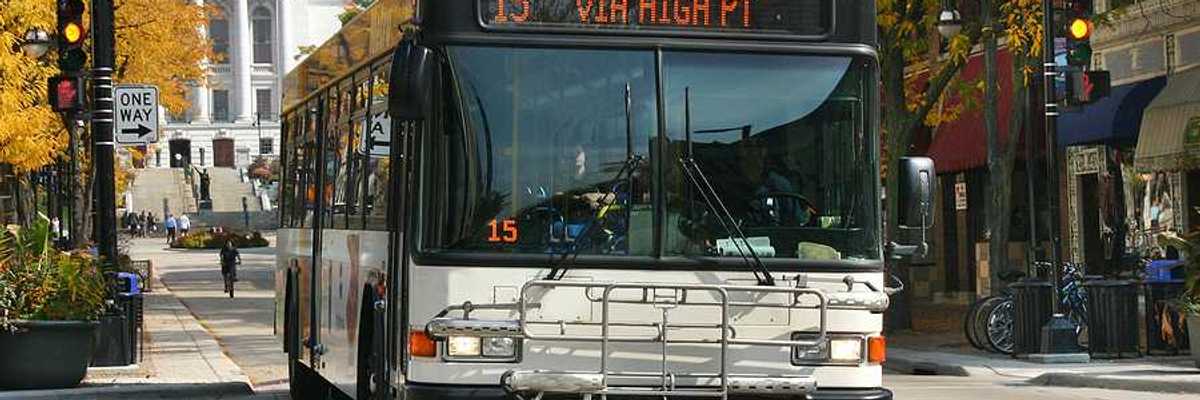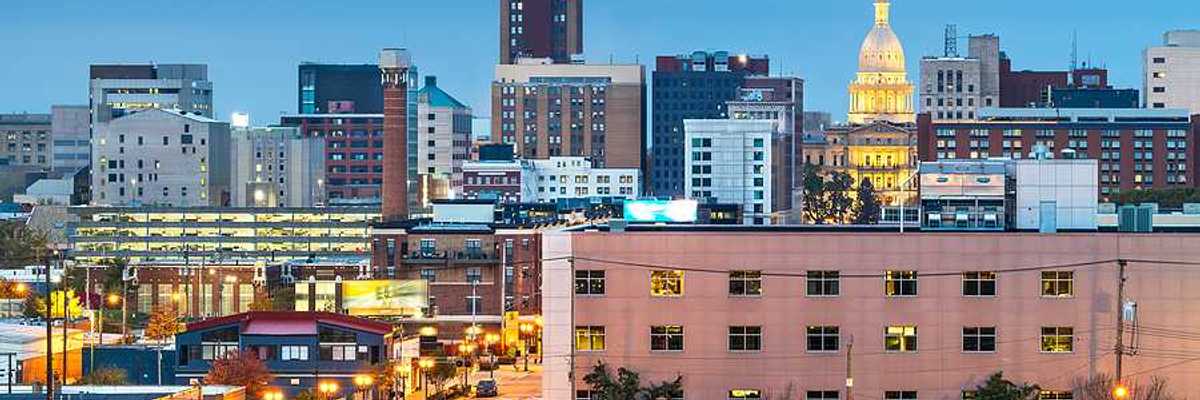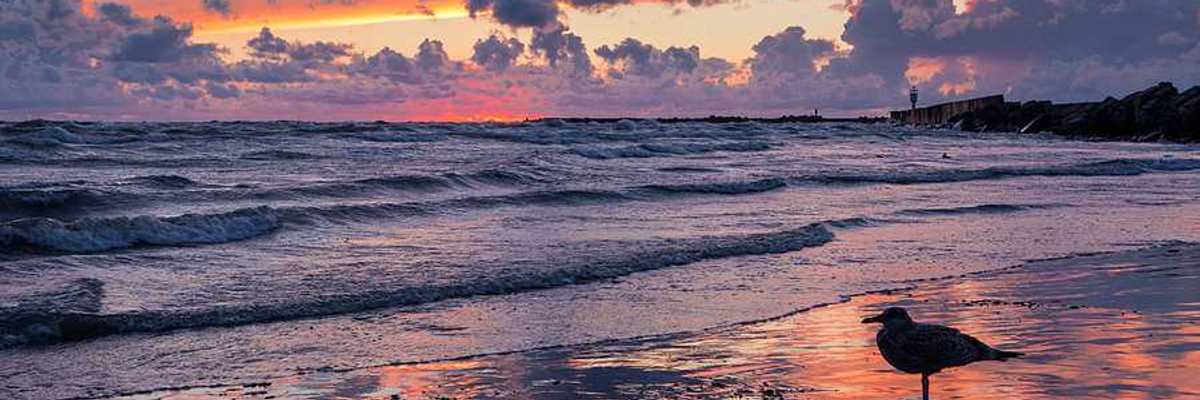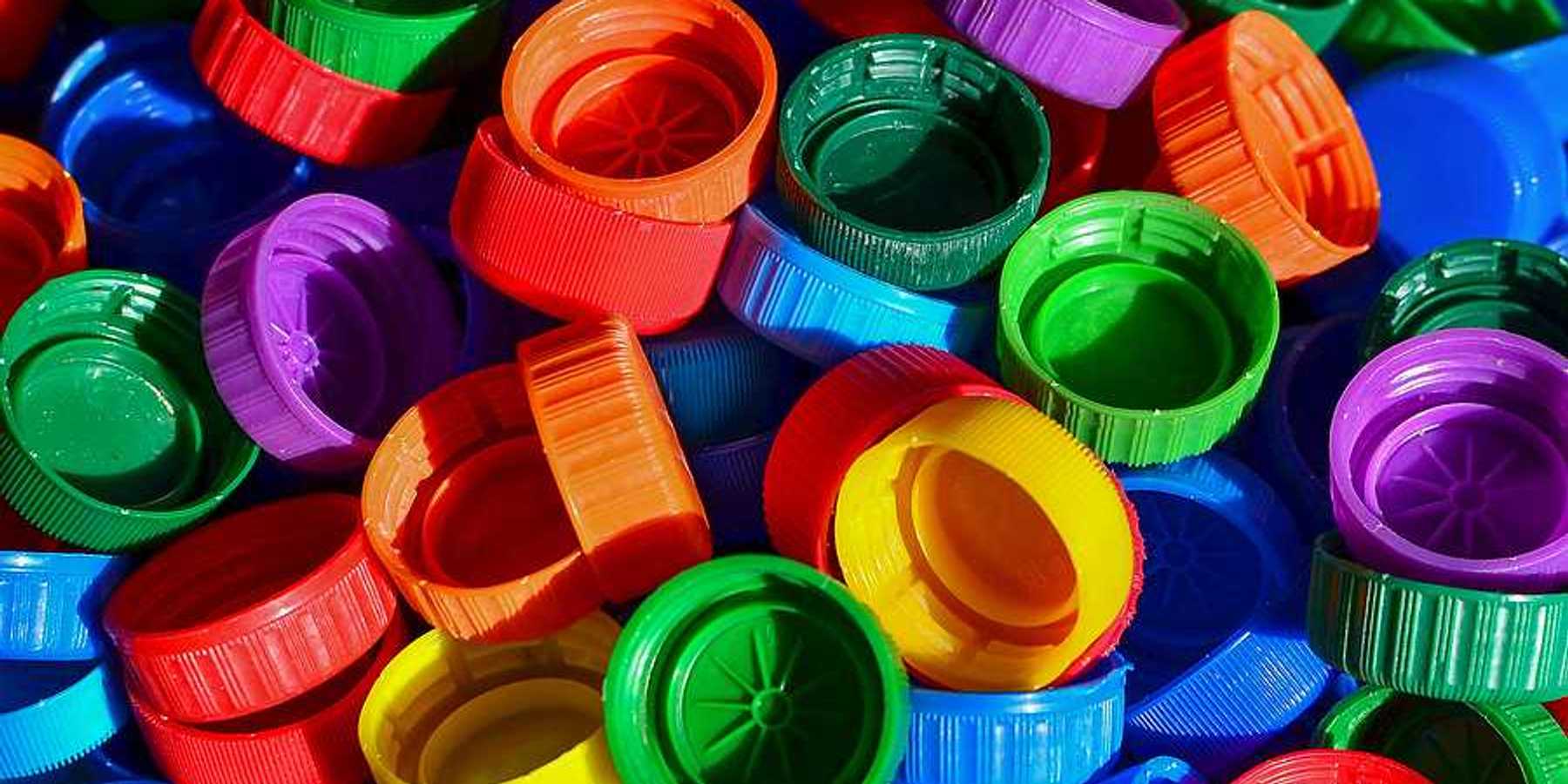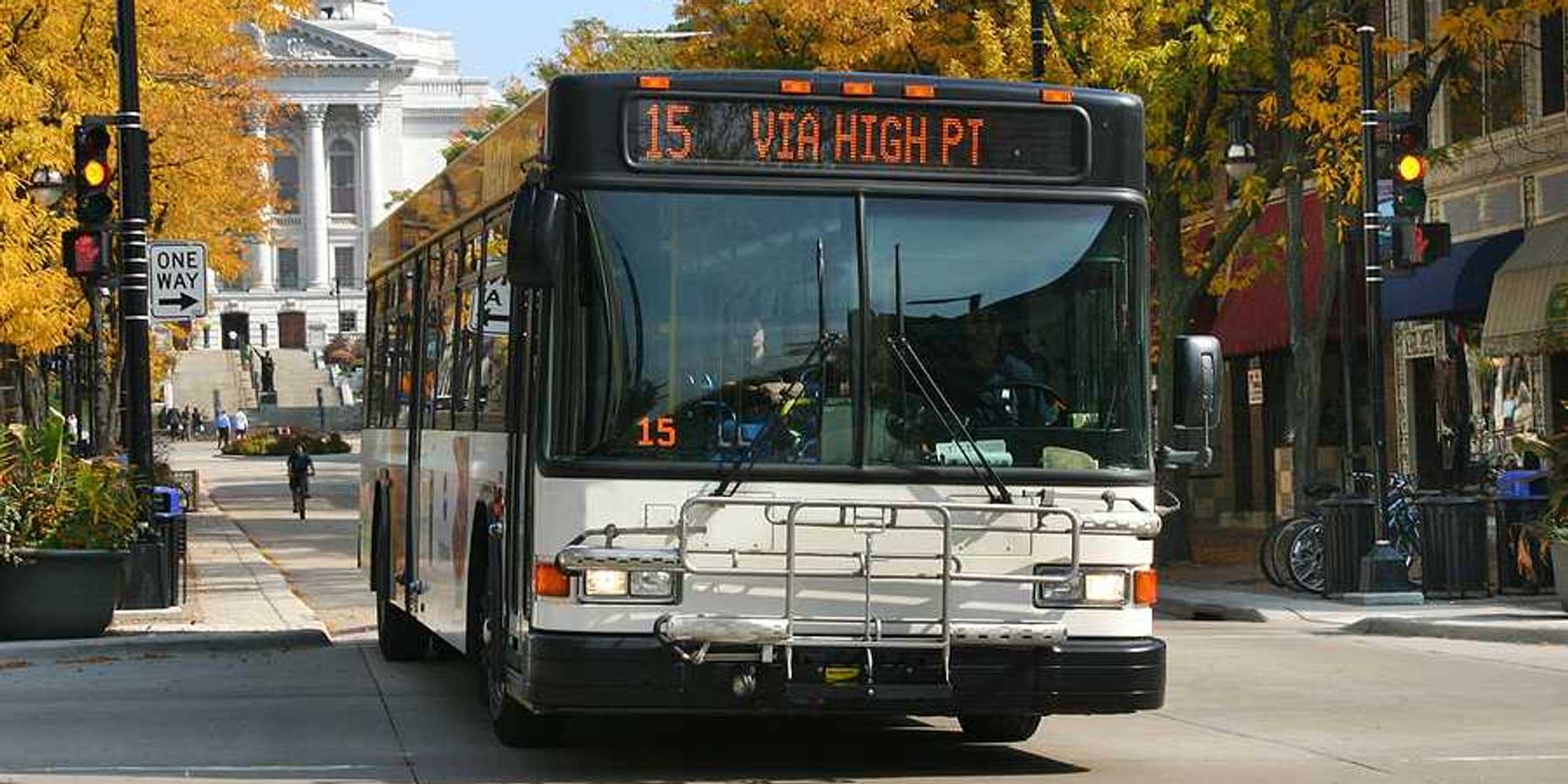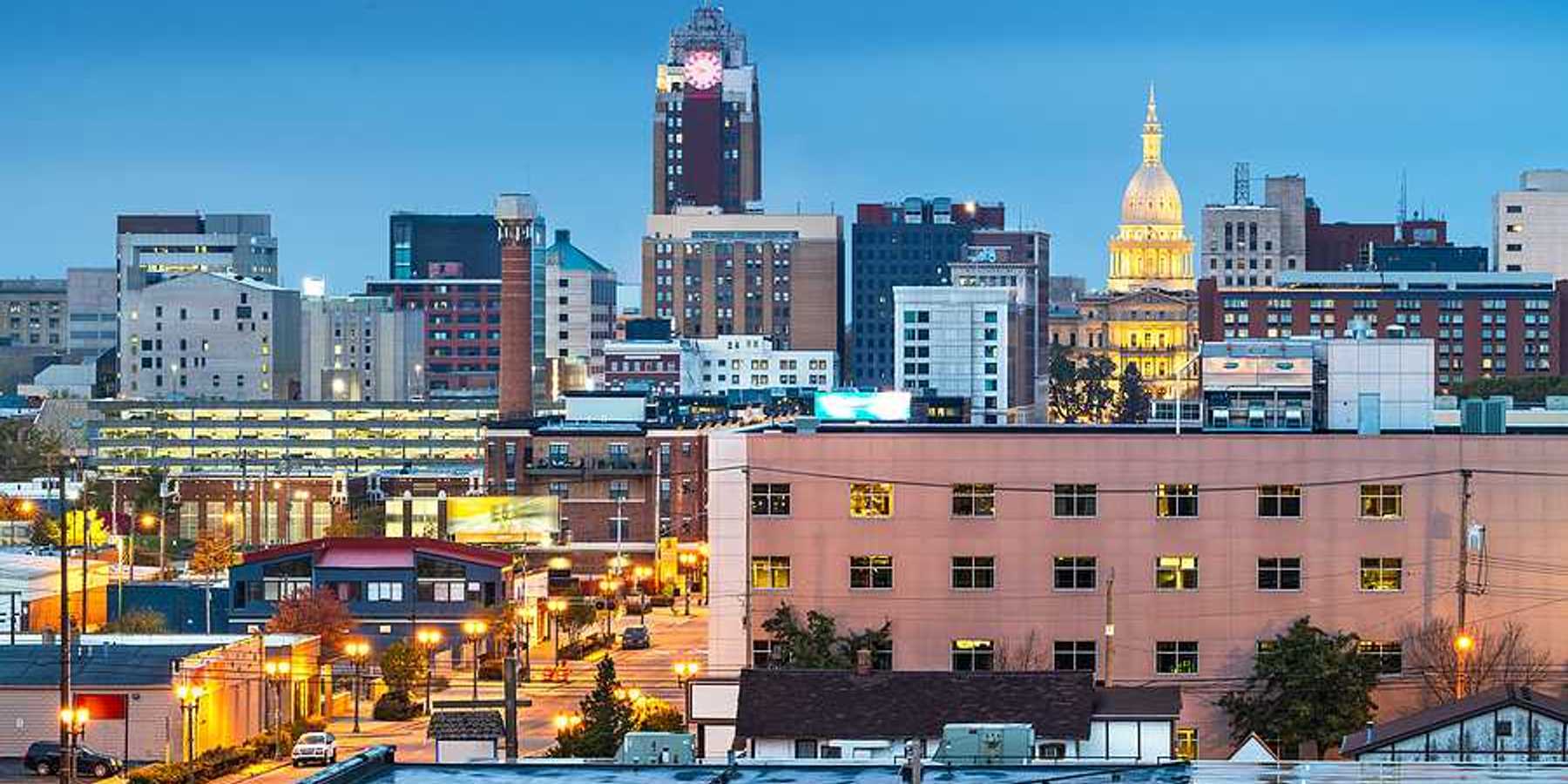massivesci.com
As bee population numbers plummet with climate change, 'winners' and 'losers' emerge
Bees are critical to the survival of myriad ecosystems around the world, and their pollination is worth billions of dollars every year in the U.S. and abroad. Their populations have been declining for decades due to climate change and habitat loss, posing a threat to global food security.
Some seagrasses work harder than others to slow climate change
By keeping the carbon out of the atmosphere, seagrass meadows help regulate our climate system. However, a recent study of an Australian estuary found that they're not all equally good at storing carbon.
Your local lake stores a surprising amount of carbon in its depths
Carbon dioxide and methane are potent greenhouse gases. On land, soils store a huge amount of carbon - about twice as much as the atmosphere - but they're not the only terrestrial carbon sink.
It will take over one billion dollars to protect one small Louisiana town from climate change
By 2100, the ocean will be a different color
Incorporating the colored dissolved organic matter responsible for the color change improves the accuracy of climate models.
While Congress does nothing, New York City passed its own climate legislation
With the Green New Deal stalled, cities are stepping up with their own.
Lauren McKee: Reducing agricultural carbon emissions good for the planet and our stomachs
From soil microbes to factory farming, the Green New Deal could radically improve our food system.

